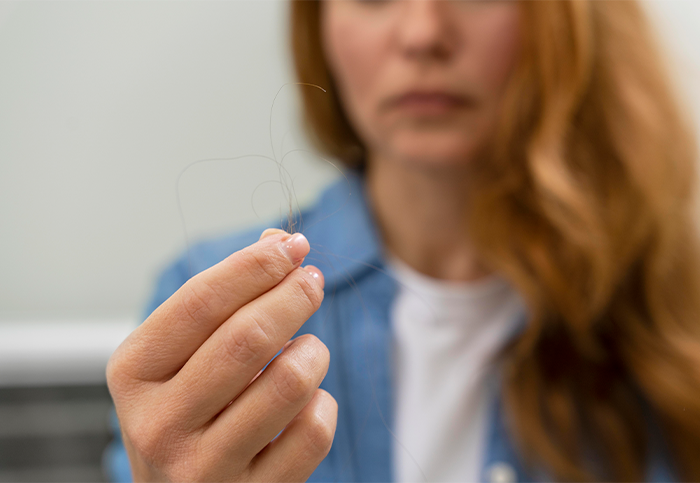The Science Behind Using Evening Primrose Oil for Premenstrual Syndrome (PMS)
Here are some definitions of PMS.
"PMS is the monthly event when my head and lower back compete to see who can create the most pain in my body." -GRACE
"For me, PMS stands for Petty, Mean Shrew, because emotionally, that's what I turn into." -Issy
"PMS is a no-brainer. Because during those times I feel like I have no brain." -TOMINA
While these hilarious definitions of PMS might not be medically true, but they give a fair idea of the plight of women. Every woman has a different explanation of PMS and the more women you talk to the more you realize that everyone’s experience differs in their own aspect. However, research describes it as
Premenstrual syndrome (PMS) encompasses clinically significant somatic and psychological manifestations during the luteal phase of the menstrual cycle, leading to substantial distress and impairment in functional capacity. These symptoms disappear within a few days of the onset of menstruation.
Apart from your naturalist friend who keeps trying a new herb to get rid of irritating PMS, scientists are also racking their brains and researching for an ease, a way out for women from this dilemma.
So, here’s what they found: scientists think that PMS might be linked to some funky chemistry happening in our bodies. Picture it like this: our hormones are having a party, but they forgot to invite a key guest—GLA (Gamma Linoleic Acid), a special type of fatty acid that helps keep everything in check. Without enough GLA, hormones like prolactin start acting a bit too wild, leading to those dramatic mood swings and bloating.
It turns out that our diets don’t usually have much GLA, and our bodies are struggling to convert the fats (linoleic acid) we do eat into this fatty acid. It’s like trying to turn a regular potato into French fries without the right tools—frustrating and messy!
So, while we’re dealing with the emotional rollercoaster of PMS, our bodies are basically trying to juggle a few too many balls. Researchers are exploring ways to give our bodies the help they need, like with evening primrose oil, which could provide that missing GLA and help restore some balance. (Who knew hormones could be so dramatic?)
A study was conducted at Lorestan University of Medical Sciences, involving about 80 women with PMS. The researchers tested the effects of evening primrose oil compared to a placebo (which is like a sugar pill that has no active ingredients). This was triple-blind study which meant that all the three parties involved in it i.e. participants, researchers and data analyst were kept unaware of the information to prevent bias. The women involved in the study were divided into two groups: one group took 1.5 grams of evening primrose oil daily for three months, while the other group took a placebo.
After three months, the women who took evening primrose oil reported a significant reduction in their PMS symptoms, with their severity scores dropping from about 53 to about 34. In contrast, the women who took the placebo showed little change, with their scores only slightly decreasing from about 53 to around 50.

While several studies out there that swear by the effectiveness of evening primrose oil to ward of pesky PMS, it’s hard to know about its effectiveness unless its tried. Nutrifactor’s Femrose is a product that comprises of evening primrose oil. Available in both oil and soft gel formulation, Femrose is for all the women who want to ease their PMS misery.
References
Jump Off the Hormone Swing by Lorraine Pintus (ebook)
https://www.ncbi.nlm.nih.gov/books/NBK560698/
https://onlinelibrary.wiley.com/doi/epdf/10.5694/j.1326-5377.1990.tb136857.x
https://www.ncbi.nlm.nih.gov/pmc/articles/PMC6718646/



